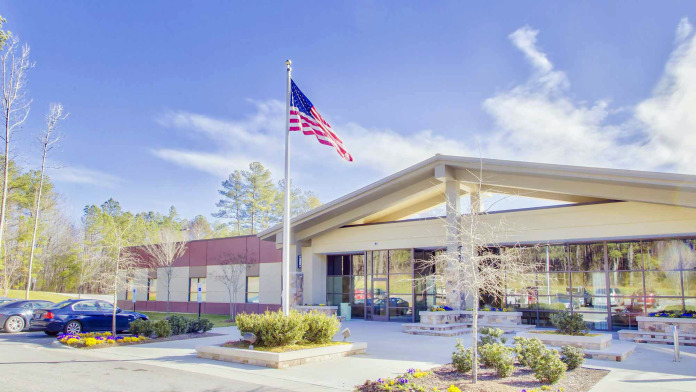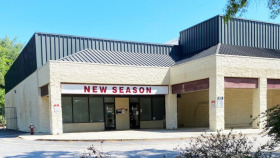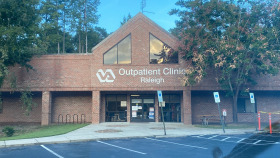About Holly Hill Hospital Raleigh
Holly Hill Hospital is an addiction treatment facility with multiple campuses for men, women and teens located in Raleigh, North Carolina. The main campus on Falstaff Road provides programs and resources for adults with mental health or substance abuse disorders.
Established in 1948, Holly Hill’s high standards for care have earned them accreditations from the Better Business Bureau and the Joint Commission. They accept most commercial insurance plans, Medicaid, Medicare, and Tricare. They have self pay options too.
Mental Health Care Meets Southern Hospitality
Two of the core programs at Holly Hill include inpatient psychiatric care and medical detoxification. These programs include 24/7 supervision and provide stabilization during withdrawals or a mental health crisis.
After stabilizing patients, the staff will recommend other programs based on the initial assessment made during admissions. These can include a short-term inpatient stay of 9 to 11 days, a 28 day residential program, or outpatient treatment like partial hospitalization or intensive outpatient programs.
Holistic Treatment with Clinical Care
In addition to your therapy and medications, your program will incorporate wellness education. While on site you’ll also have access to their recreational facilities with a basketball court, full gym and game room. Therapy sessions are required and include cognitive behavioral therapy, dialectical behavior therapy, motivational interviewing and 12-step facilitation for programs like AA and NA.
Circle Back, Stay on Track: Unique Programs and Aftercare
Holly Hill’s main campus offers specialized programs that include family and couples counseling and geriatric substance use treatment. The expressive arts therapy program is not typically found in traditional rehab centers and offers a different outlet to process and express emotions.
Aftercare resources are crucial for long-term sobriety too. At Holly Hill, these include discharge planning, life skills coaching, outcome follow-ups and relapse prevention to help identify triggers and further build coping strategies.








